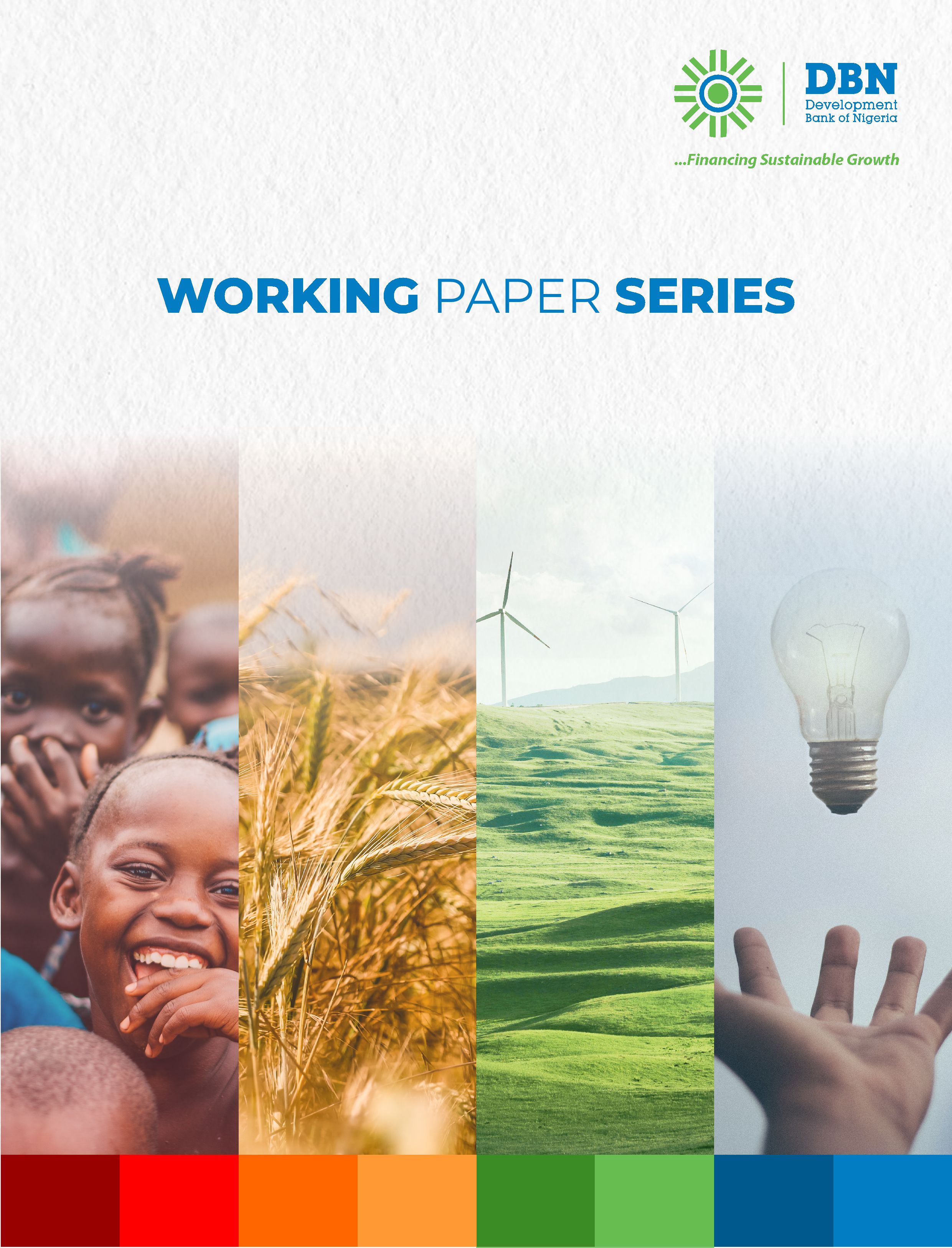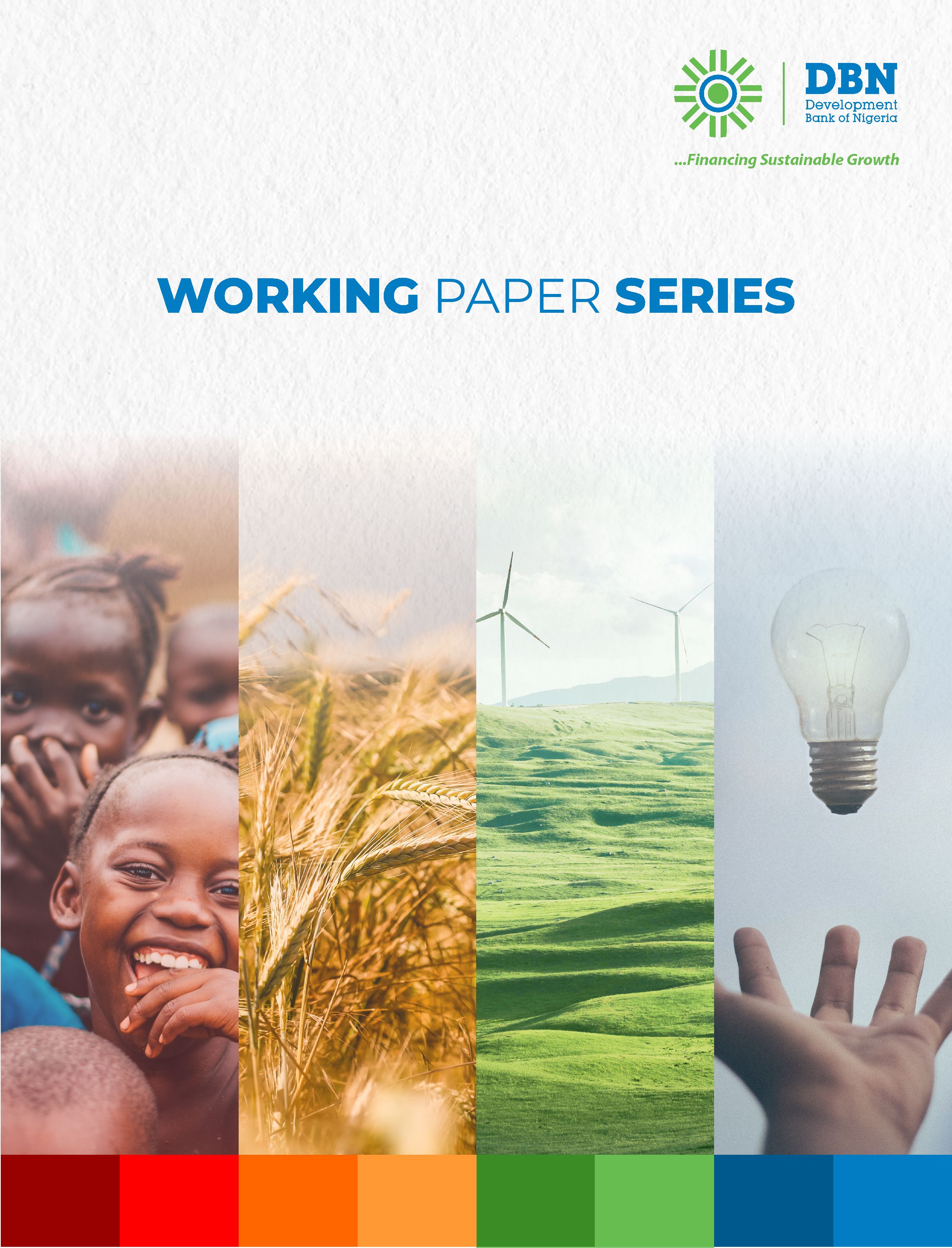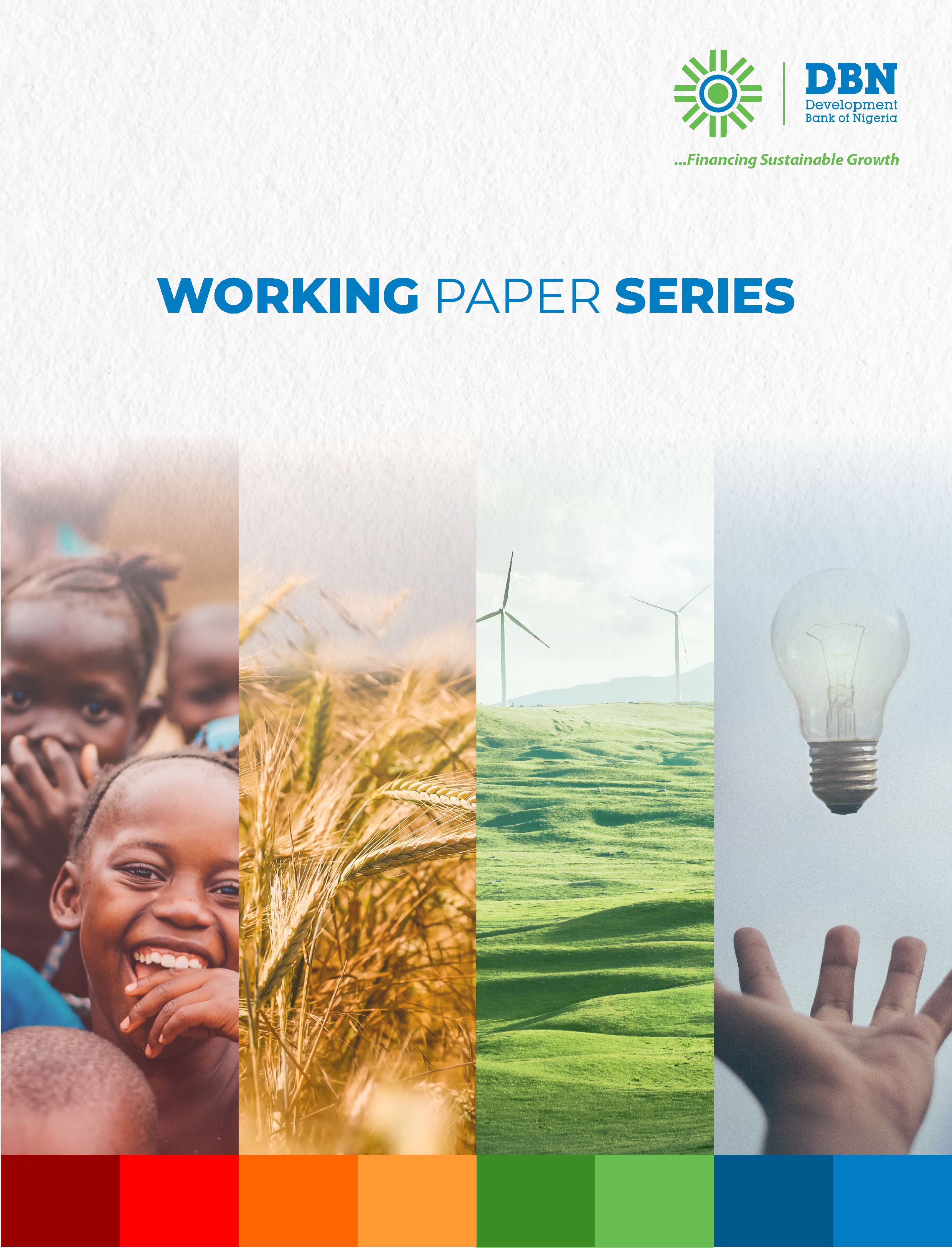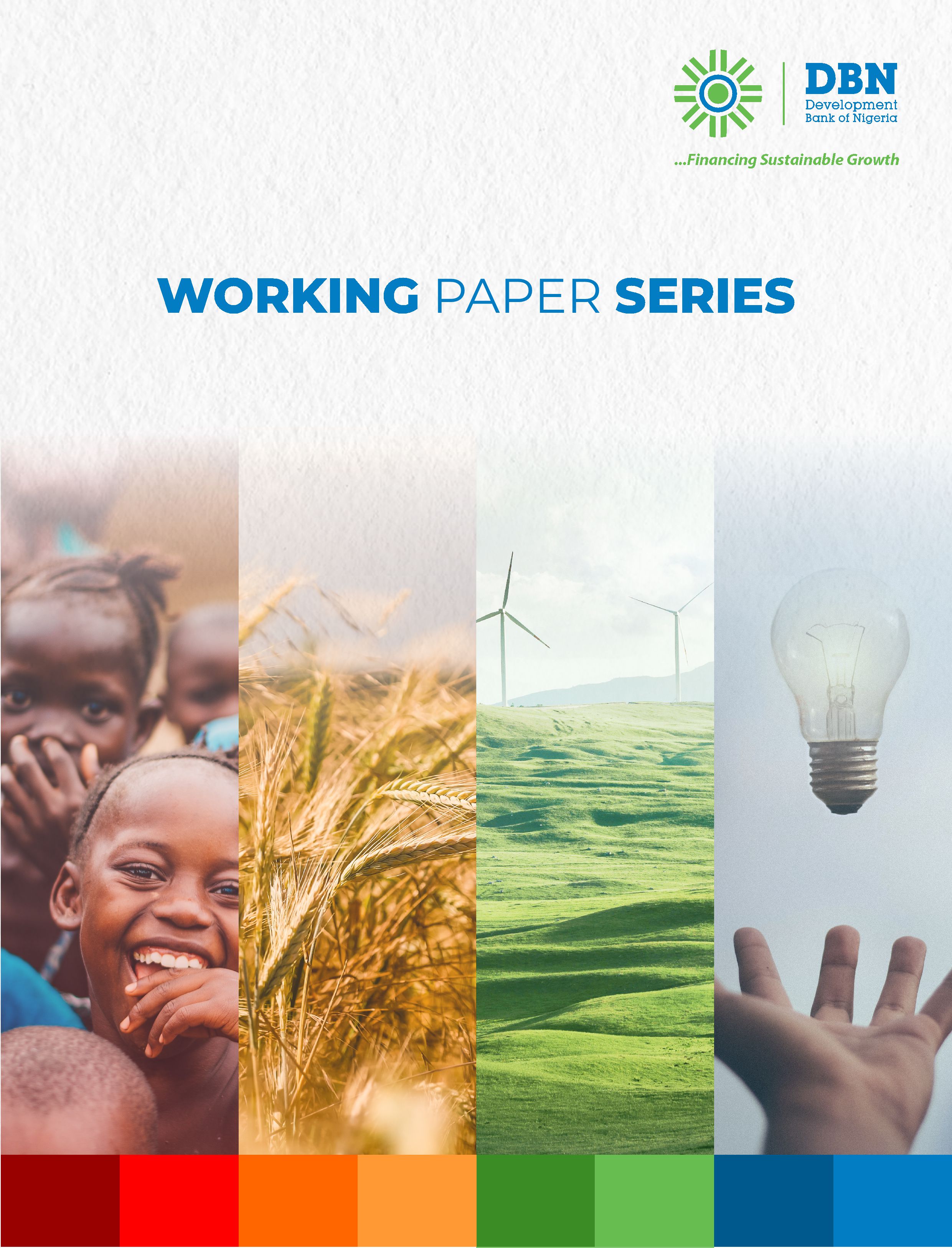
Publication Information
Published by: Admin
Published: 2 years ago
View: 211
Pages: 21
ISBN:
Abstract
The study has contributed to the extant literature on the relevance of the African Continental Free Trade Agreement (AfCFTA) by assessing how financial development dynamics can moderate the incidence of African trade integration on female labour force participation. The focus is on 47 African countries for the period 1995 to 2019 and the empirical evidence is based on Fixed Effects regressions. The findings show that financial development moderates African trade integration to engender an overall positive effect on female labour force participation. Moreover, financial depth proxied by liquid liabilities should reach a threshold of approximately (15.47 % of GDP) in order to completely dampen an initial negative incidence of intra-African trade integration on female labor force participation. It follows that financial development becomes a necessary and sufficient condition to moderate intra-African trade integration in order to positively affect female labor force participation only when the established threshold of financial depth is attained. Other policy implications are discussed.
Simplice A. Asongu Prof
Vanessa S. Tchamyou Miss
Juste Some
Related Publications

VOLUME 5 ISSUE 4 2023
CHANGING ROLE OF FINANCE IN RURAL SMALL ENTERPRISE GROWTH IN GHANA

VOLUME 5 ISSUE 4 2023
DOES PUBLIC CAPITAL EXPENDITURE REDUCE ENERGY POVERTY? EVIDENCE FROM NIGERIA

